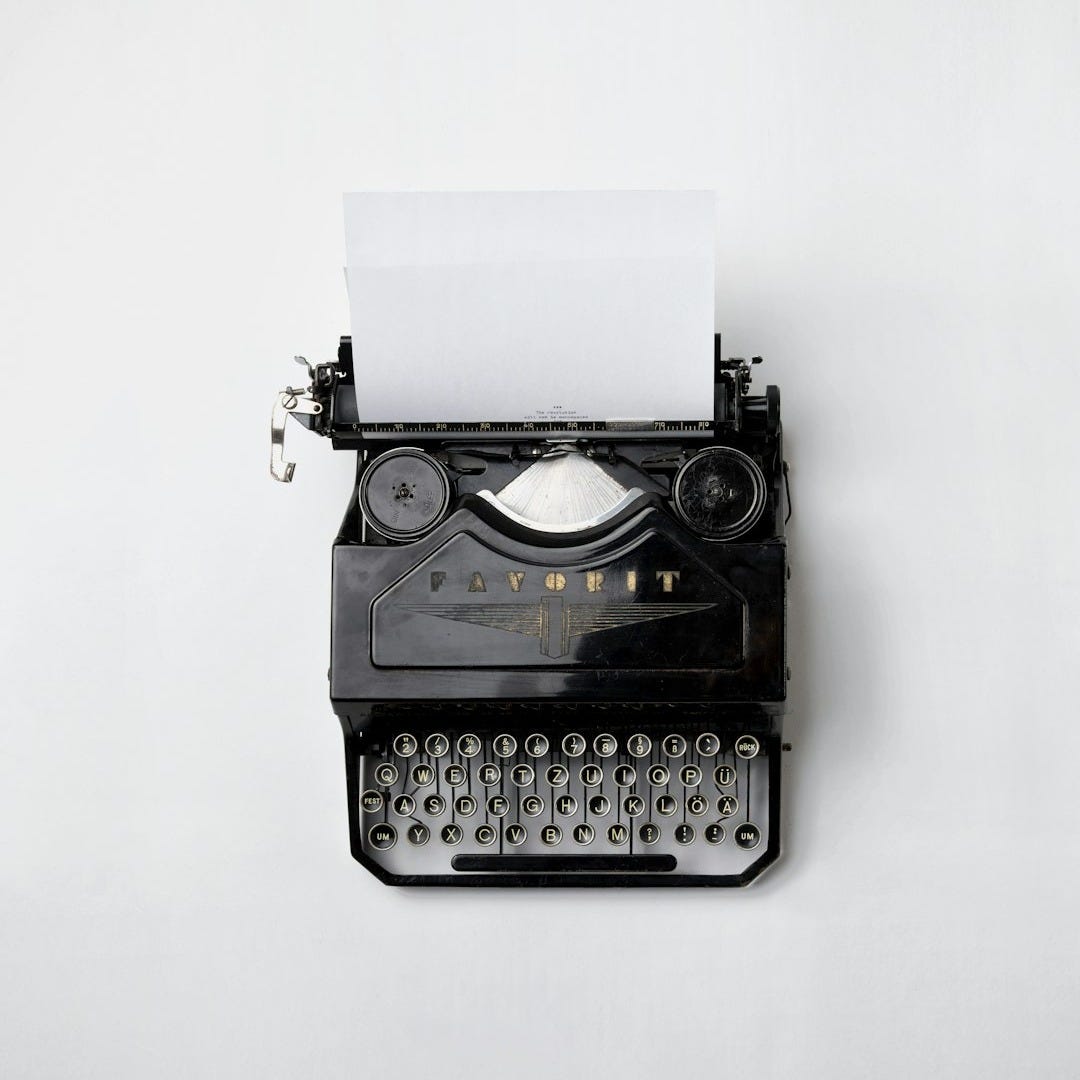Why I Now Own £500 Picture of Nigel Farage
On the price of getting it wrong, learning how to write properly, and why shouting on the internet doesn’t count as journalism.
In July 2023, on a stiflingly hot day on my way back home from the office, I made a decision that I would usually reserve for a sleepless night at 23:47 in the evening - I opened a Twitter account so I could anonymously shout at politicians without terrifying my actual friends.

In that moment, that was the plan. The wh…


